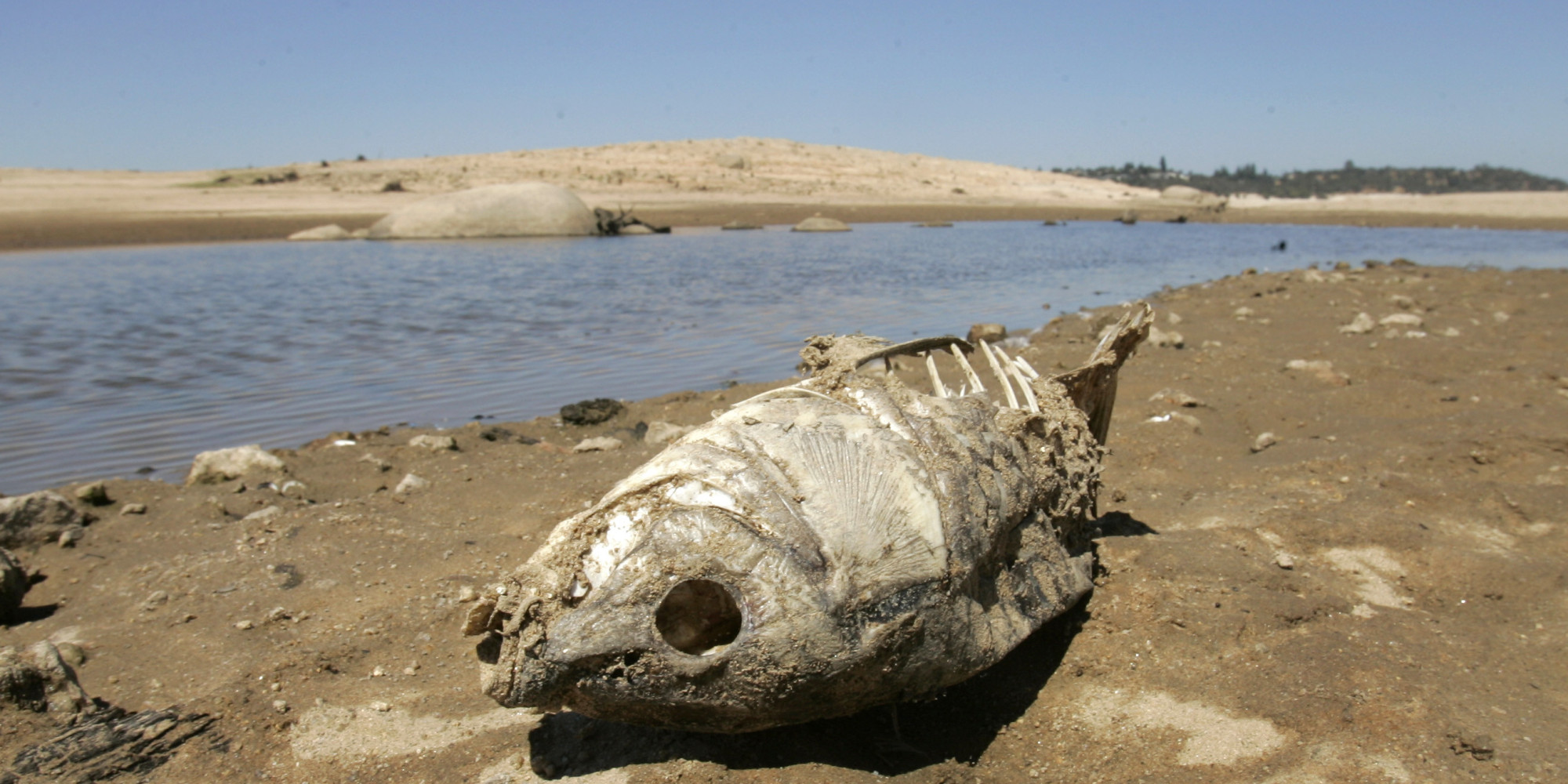Corona Virus and the Farm Economy (Part 1)
Wine Purchasing Habits Might Change Because of Corona Virus
By Tim Hammerich with AgInfo.net
How will food supply and demand change as a result of the Corona virus? Consumers in uncertain economic times will adjust their purchasing habits, even for essentials like food. This according to UC Davis Economist Dr. Daniel Sumner, who says different agricultural products will be effected in different ways.
“You do have to think about it commodity by commodity. Which ones are most sensitive to income. Which ones aren’t,” noted Sumner.
“Let me just give you a quick example from the wine industry. The premium wine industry here in California, which means the grapes that are grown along the coast. Higher proportion is sold in restaurants. Higher proportion is income sensitive. And people that still want to drink wine, they now drink it at home,” explained Sumner.
“They’re a little worried about their job. They say, ‘gee am I going to get laid off?’ whatever. ‘My company’s not making any money’. ‘I don’t get my bonus’, whatever.,” said Sumner. “They move down and move in the direction of Central Valley wines. So you could have the Central Valley wine industry be better off at the same time, the coastal wine industry is hurt. And we saw that in a recession 10 years ago,” Sumner said.
Dr. Sumner says staple goods are more likely to see strong demand while those perceived as luxury items may struggle. This is especially true for products that are sold through restaurant or food service channels.










